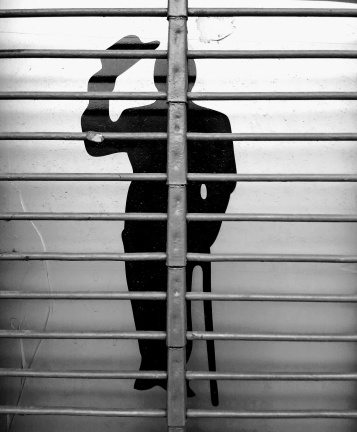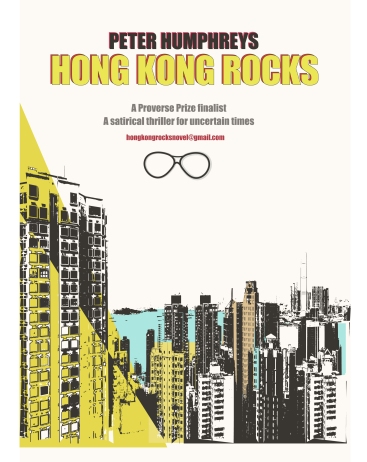(NB – This is a guest post I was asked to write for innovative Hong Kong publisher Zizzle and first appeared on their Zizzling Pan blog earlier this month)
 Here are a few thoughts on writing as an expat and a little advice shared in the spirit of free expression; a freedom that – if I’ve understood it correctly – allows for occasional misunderstandings and faux-pas, and few right or wrong answers when it comes to telling your stories from wherever you happen to be in the world.
Here are a few thoughts on writing as an expat and a little advice shared in the spirit of free expression; a freedom that – if I’ve understood it correctly – allows for occasional misunderstandings and faux-pas, and few right or wrong answers when it comes to telling your stories from wherever you happen to be in the world.
Not so long ago, expat writers’ portraits of “exotic” (to Western eyes) places such as Hong Kong — usually expressed in the language of colonisation — provided the impressions most trusted by an international readership. Think Graham Greene, Joseph Conrad, George Orwell and others. These days the reverse is true – we prefer to hear from local writers raised within and fully connected to a region’s language and culture.
But this does not mean there is no longer a place for the expat writer, provided they accept a responsibility to observe and record without prejudice while being aware that their cultural background will always influence their perceptions.
In my experience, living overseas is a double boon to any writer. First, you will find that your recollections of your home country (or wherever you lived before) will sharpen, allowing you to scratch that itch and etch out whatever stories you’ve left untold from your previous life. Second, you will discover yourself embracing a multi-armed, many-hued octopus of change that, after slapping you around for a bit, will pass you a pen and paper and tell you to get cracking on some new stuff.

My first published novel – set entirely in Hong Kong
Here’s the advice bit: even if you don’t manage to learn the language or languages spoken in your new home, try to put yourself in situations wherein you have no choice but to engage with its culture.
One reason (I tell myself) I know so little Cantonese is because I took a full-time job with a local company while living in Hong Kong. Most of my Hongkongese colleagues spoke perfect English. I simply didn’t need to learn Cantonese. But I did learn much from them about what it means to be a Hongkonger and formed some lasting friendships. Studying or working overseas is a sure-fire way to avoid writing as a tourist.
Next, don’t rely on fellow expats to shed light on your host country in your native tongue. This is harder to resist than you might expect. On a recent trip to Uruguay a priority was to visit a legendary bookshop in Montevideo called Puro Verso. This is a truly beautiful place in a little-known gem of a country. And yet, instead of asking my Argentinian wife to recommend some local writers (something she has since done) I asked a member of staff whether a famous British writer, married to a Uruguayan, ever visited Puro Verso – perhaps he’d hosted an event to promote one of his notoriously scathing books on UK life and culture here? I wondered what his take on this part of Latin America might be.

The splendid Puro Verso bookshop in Montevideo
In truth, I just wanted a break from speaking and listening to Spanish. Maybe there was someone I could speak to in English ‘round here? I’m glad I didn’t bump into my fellow expat anyway – I have a terrible track record when meeting famous authors. An embarrassing half-hour trapped in a broom cupboard with Will Self springs to mind…
Finally, as an expat writer, try not to dictate to your readers when it comes to what’s happening in your new home. The role of fiction is not to preach, or stray into the realms of dogma, any more than is the case with journalism. Works of the imagination usually carry the hallmarks of their author’s opinions, but it is important to allow your characters to act out the confrontations and contradictions that bubble through any society. Dare your readers to make up their own minds and form their own opinions based on the insights you provide.
Having said that, every writer must decide when, or whether, to snatch the baton from their characters and take a more explicit stand when it comes to highlighting injustice. Only you will know if the time is right to make your fiction issue-driven. In the meantime, don’t hesitate to add to the smorgasbord of viewpoints that unite readers around this interconnected world, wherever they happen to hail from.
Can you guess the identity of the famous British writer mentioned in the text? To win a signed copy of Hong Kong Rocks by Peter Humphreys, post his name beside the @theworddiver Instagram post designed to promote this piece. Good luck!